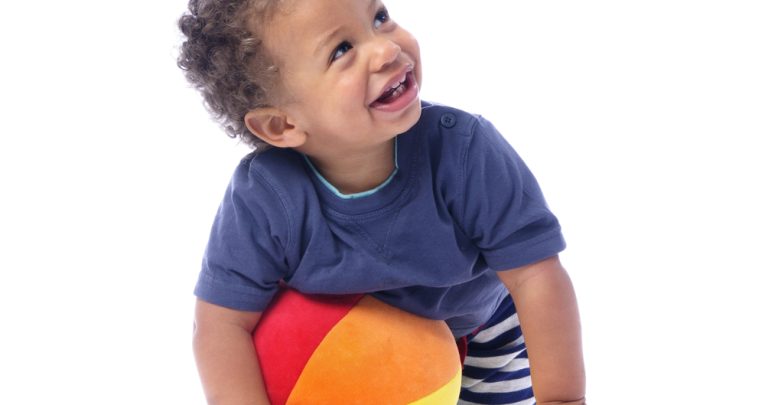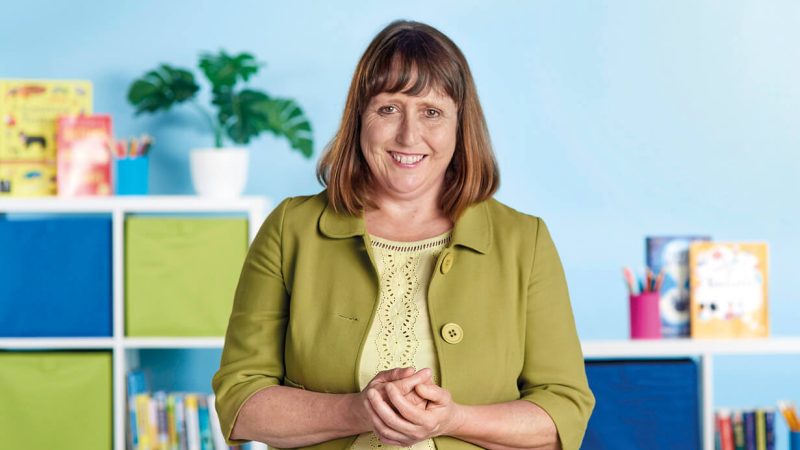How Much Impact Does Prenatal Experience Have on Children’s Early Years?

Richard House discusses the issue with psychologist Una Archer

Richard House: Una, I hope our provocative title catches readers’ attention! We share an interest in pre- and perinatal psychology; can you briefly introduce your professional work, and why prenatal experience should be treated as vital for early childhood?
Una Archer: I hope so too – it’s a fascinating and often overlooked topic! I am a psychologist specialising in supporting secure attachment in early relationships.
The parent-child relationship (or lack of it) starts before conception, influencing foetal development in many ways. It doesn’t happen by magic – the foetus is sharing their mother’s bloodstream which, simply put, can either be a cocktail of love or stress.
In the womb, the foetus can touch, taste, smell, see and hear. An unborn baby is a conscious participant in what’s going on around them, actively creating their working model of the world.
Good stress management during pregnancy and nurturing the emotional connection with the unborn baby sends the message that they’re coming to a safe, abundant world that acknowledges and meets their needs. Most babies trust this to be true.
Following this general introduction, think about the children in your care. Most likely you can think of a child who’s generally resourceful, resilient and open to what life offers. It’s easy to teach that child: they easily pick up what you give them and run with it.
Then there’s a ‘spiky’ child who tends to shy away from people and new experiences. You work hard to help them to square one – only to find them back in pieces a little later.
It is not a doom-and-gloom message, however. Sensitive care after birth can mitigate the effects of stress experienced during pregnancy and strengthen a child’s sense of security.
In your experience, how much deep quality attention is given to prenatal experience by mainstream health professionals?
Notwithstanding a recent survey – ‘Some Very Dark Days’ – published by S Hogg (Caterham and Oxted NCT Branch) revealing that women aren’t routinely asked about their mental health, I believe that many health professionals pour their heart and soul into looking after expecting families, albeit with limited resources and time available.
Professionals might welcome and benefit from further training about emotional wellbeing during the perinatal period, and being introduced to some basic screening tools.
However, if we want to pay more than lip service to maternal mental wellbeing, mental health professionals should be equal-status healthcare team members offering regular consultations to expecting families.
Would it help childcare workers to be explicitly trained to understand perinatal issues and effects?
It would help them to understand the wider context of what they’re dealing with when the child walks through their door. Childcare workers in the larger settings are actually ideally positioned to provide much-needed support for expecting families.
Parents, especially those without their extended families nearby, are under too much pressure. Childcare settings offering regular groups for expecting and new parents could facilitate the ‘village creation’ process.
Building close and trusting relationships with the families early on would contribute to the long-term sustainability of the setting.
Do you know of any examples where this already happens in practice?
I’m aware of only one setting that offers support during pregnancy – Robin’s Nest Early Years Setting in Forest Row, East Sussex. But I’d love to hear from others!
Would this be something that a rejuvenated SureStart movement, for example, could you implement it without too many resource implications?
Absolutely. Resource-wise, a warm room and a willing and able facilitator would be enough to start with. I think it’s best to resource the group gradually, once it’s up and running, following the particular needs of the participating families.
Una Archer is a psychologist supporting parents on their journey from pre-conception through pregnancy and the earliest years. She offers a free email course, ‘Five Heartwarming Ways to Bond with Your Unborn Baby’ – visit helpyourchildthrive.co.uk/bonding.











